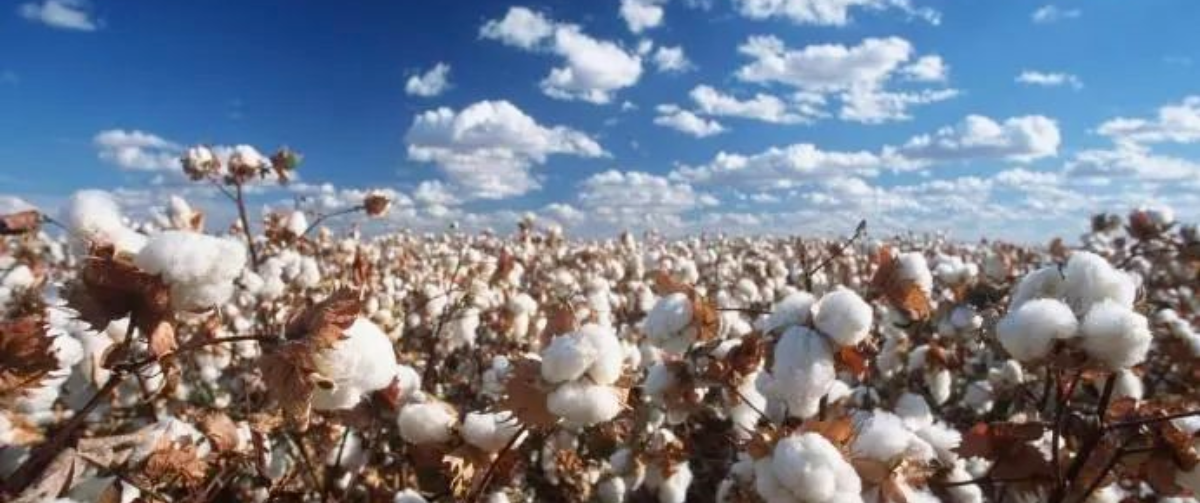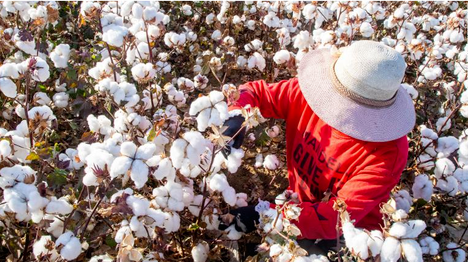Jun. 14, 2022
 Resource:船务资讯
Resource:船务资讯
It has been more than a year since the Xinjiang cotton incident. Recently, it has been reported that the implementation of the Xinjiang cotton ban in the United States will be upgraded again from June 21!
Xinjiang cotton ban escalates again
A few days ago, a number of freight forwarders issued a notice saying: "Recently, the US Customs has strictly inspected textile goods, and the new implementation guidelines will be officially launched on 6/21, and there will be more deductions and inspections after that.
This inspection is mainly to check whether the textile goods contain Xinjiang cotton. Once the customs inspects, the inspection and deduction will be carried out, and the goods will not be released until the customer provides relevant proof that the composition of the goods does not contain Xinjiang cotton. "
According to foreign media sources, the U.S. authorities are expected to take effect on June 21 under the "Prevention of Forced Uyghur Labor Law" and will impose import bans on goods from China's Xinjiang region in accordance with the law.
As early as last year, the Xinjiang cotton incident caused an uproar, and U.S. President Biden signed the Uyghur Forced Labor Prevention Act (UFLPA) in December 2021 to prevent Xinjiang products from flowing into the U.S. market.
The bill contains a system with a core concept of "rebuttable presumption", which means that unless it is certified by the US authorities as free from forced labor, it is presumed that any products manufactured in Xinjiang use forced labor and are prohibited from being imported.
According to reports, U.S. customs officials confirmed that the Biden administration is ready to implement a comprehensive ban on Xinjiang products on the 21st of this month, unless the latter companies can provide evidence that their products do not involve "forced labor."
The threshold for importers to obtain forced labor-free certification is very high and needs to provide clear and convincing evidence that the entire supply chain of imported goods is free of forced labor components, and any forced labor-free certification must be approved by the Customs Commissioner and approved. Report to Congress.
If the relevant evidence provided is found to be fraudulent, U.S. Customs and Border Protection will punish the importer accordingly. In addition, the executive director said, importers have the option to re-ship allegedly prohibited related goods back to the country of origin.

According to the freight forwarding notice, when exporting cotton products, the seller needs to provide the following documents:
1. The certificate of origin should indicate the customer's purchase order information, and indicate the address of the factory where the goods are produced;
2. The seller's self-assurance states that the exported products do not contain cotton from this region (Xinjiang);
3. Cotton raw silk purchase orders and invoices;
4. Cotton thread purchase order and invoice;
5. Cotton purchase orders and invoices;
6. Any additional documents required to comply with U.S. Customs orders.
Zhao Lijian, a Chinese foreign ministry spokesman, warned last week that "the above-mentioned laws, if implemented, will seriously disrupt normal cooperation between Chinese and American companies and undermine the stability of global supply chains."
Xinjiang cotton ban affects global supply chain
Under the ban of the US government, although it has a certain impact on my country's cotton spinning industry, it also makes the domestic textile industry in the United States face huge risks.
Relevant agencies believe that the U.S. authorities are expected to take effect on June 21, the "Prevention of Forced Uyghur Labor Law", and will implement an import ban on goods from China's Xinjiang region in accordance with the bill. The signing of the bill to my country's cotton textile industry chain The impact is mainly reflected in:
It will have a great impact on the export of Xinjiang cotton, and will further attack the consumption of Xinjiang cotton, resulting in a decrease in the amount of cotton used in Xinjiang, and there is a risk of separation from the international industrial chain, affecting the development of my country's cotton textile industry chain.
Recently, some textile companies have reported that US end customers have clearly stated that from June 22, the products they purchase must undergo genetic testing by the US customs. Once it is found that the cotton used in this product comes from China's Xinjiang, Uzbekistan and Turkmenistan, it will be on the spot. destroy.
According to corporate feedback, some major American apparel brands may no longer place orders from China in the future. Some brands in Europe and Japan have stopped or reduced the use of Xinjiang cotton.
